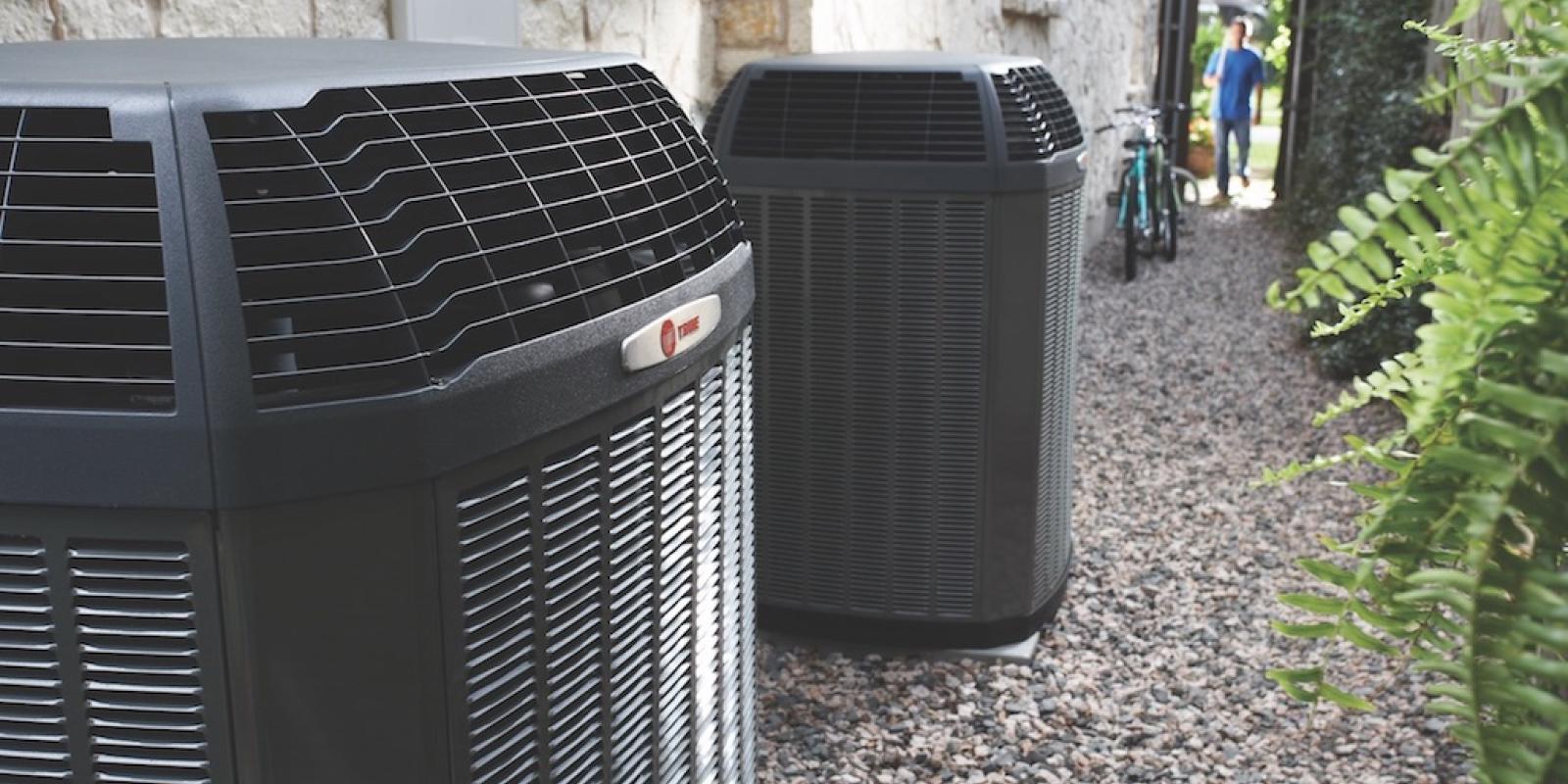Troubleshooting4min read
Warning Signs That It’s Time to Replace Your HVAC
From expired warranty to inconsistent temperatures, know the signs that indicate it might be time to replace your HVAC system.

From expired warranty to inconsistent temperatures, know the signs that indicate it might be time to replace your HVAC system.

Getting Started Guide
Learn helpful HVAC tips and tricks before you purchase your system.
Warranty & Registration
A healthy HVAC system can last longer and save money. Maintain your system with these tips.
Dealers can answer questions, help you find the right products for your home, and repair your system.
Connect with our Customer Care team about your products, warranties, and dealer concerns.
Available Monday – Friday from 7am to 5pm CST
A phone